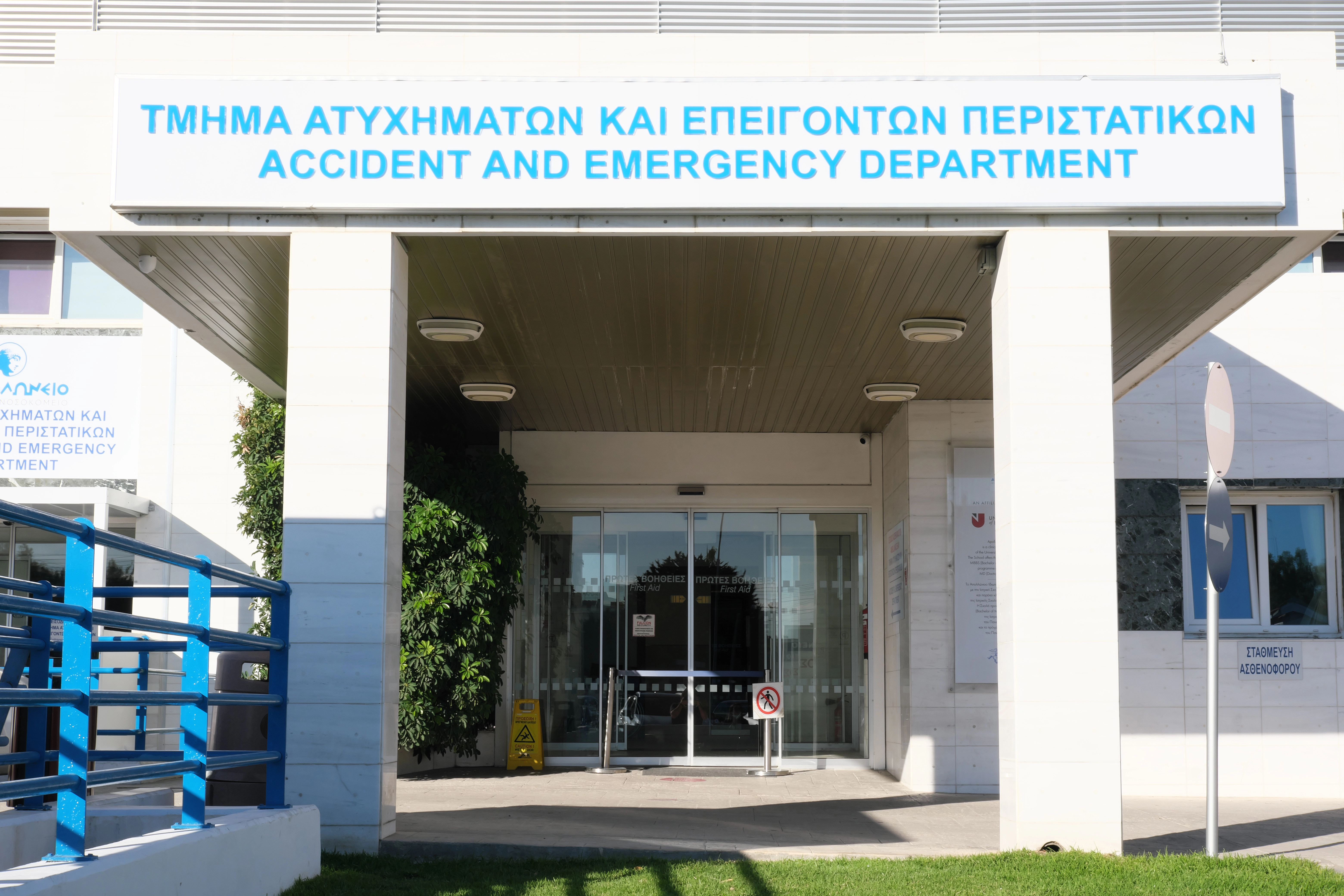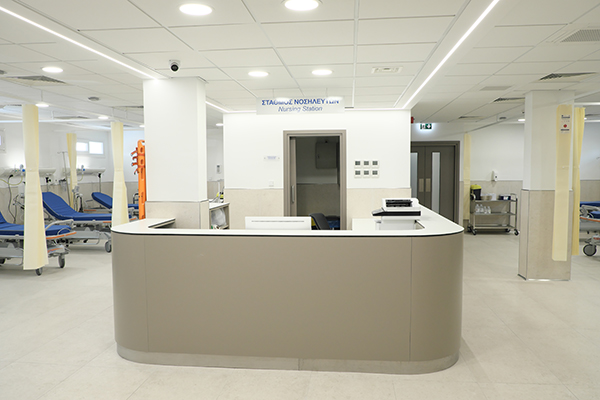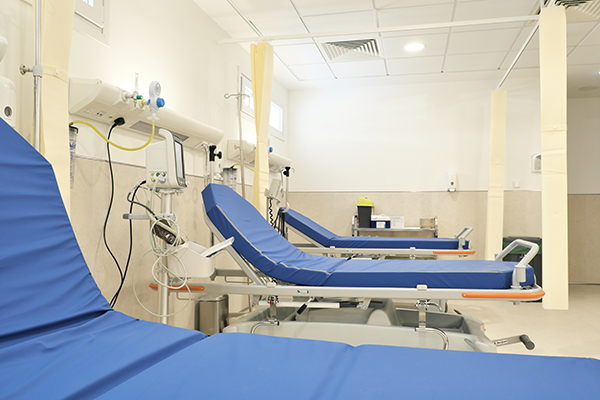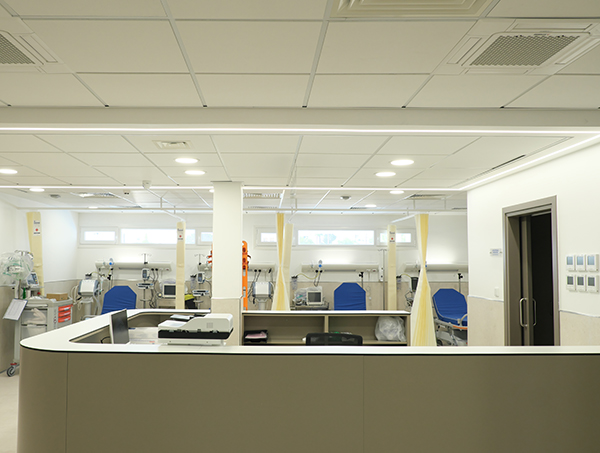Additionally, the department features a Short Stay Unit where patients can receive treatment or undergo investigations for a few hours while decisions are made regarding admission or release.
A fundamental principle underpinning health systems worldwide is the timely treatment of medical emergencies, ensuring they are addressed at the right location and by suitably qualified healthcare professionals.
The Department of Accidents and Emergencies at Apollonion Private Hospital (TAEP) is equipped with the necessary infrastructure and well-organized administration to deliver high-quality Emergency Medical and Nursing Care to the community in need of acute or urgent hospitalization. Serving as the crucial link between pre-hospital and in-hospital patient care, TAEP's operational mission encompasses the reception, stabilization, treatment, and discharge of patients with a diverse range of urgent and non-emergency conditions.
In ensuring effective emergency care and optimal resource allocation, timely identification of patients in emergency situations and their appropriate direction to the relevant TAEP care area are pivotal. This is achieved through the implementation of incident categorization and sorting procedures, commonly known as Triage, a fundamental tool aiding in the efficient provision of emergency care.
The Department of Accidents and Emergencies cooperates with Physicians of all specialties who are on duty 24 hours a day.
It has 3 fully equipped ambulances for the immediate transport of patients.






